Artificial intelligence has transformed how we access knowledge and connect across languages. But for smaller or under-resourced languages, the digital shift has brought new risks. Instead of preservation, poorly trained AI systems often accelerate decline.
Recent analyses from MIT, including cases from Greenlandic, Fulfulde, and Inuktitut Wikipedias, show how error-filled machine translations are flooding online spaces. These flawed texts are then recycled as training material for AI, creating a destructive cycle: models learn from bad data, generate more bad content, and push vulnerable languages further into digital obscurity.
At NLPConsultancy.com, we call this the linguistic doom loop. And we believe the only way out is through trusted, high-quality data collection and curation.
Why Data Quality Matters
When Google Translate confuses “harvest” in Fulfulde with “fever” or “well-being,” or when Wikipedia misrepresents Canadian crops in Inuktitut, the consequences extend far beyond technical glitches. Poor data undermines language survival, cultural identity, and even livelihoods.
For languages without extensive digital presence, Wikipedia often provides the largest available dataset. That means errors on Wikipedia—and similar sources—directly contaminate the AI models built on top of them. As the saying goes: garbage in, garbage out.
Solutions That Work
At NLPConsultancy.com, our role is to help organizations, NGOs, and governments design robust NLP data strategies. Our services include:
- Custom Data Collection: Building both monolingual parallel corpora datasets from scratch for under-resourced languages, including text, speech, and multimodal data with partners like language technology companies like Pangeanic.
- Community Engagement: Working with native speakers, educators, and cultural organizations to ensure data reflects true language use.
- Data Annotation and Validation: Leveraging professional linguists and NLP workflows to verify quality at scale.
- Deployment Guidance: Advising on how curated datasets can feed into translation engines, language models, or local applications.
Learning from Success Stories
Catalan offers a clear example of success. As Maite Melero from Barcelona Supercomputing Center highlighted, a coordinated regional call for contributions provided the data necessary to build a Catalan LLM. Today, Catalan is no longer considered endangered—a milestone that demonstrates how data quality and community mobilization can safeguard a language’s digital future.
Fulfulde shows the opposite challenge. Spoken by millions across Africa, it remains under-resourced online. AI tools routinely mistranslate even basic terms. Yet Fulfulde is vital for education, agriculture, and community life. Projects like Malima, where support for African communities has extended to education and empowerment, show what is possible when data is built for and with local speakers.
Our Commitment
At NLPConsultancy.com, we work to ensure that no language is left behind in the AI era. From Fulfulde to Inuktitut, from regional European languages to Indigenous communities worldwide, we design NLP data strategies that break the doom loop and empower languages to thrive digitally.
The message is simple: if we want AI to support linguistic diversity, we must invest in the right foundation—trusted, high-quality data.


